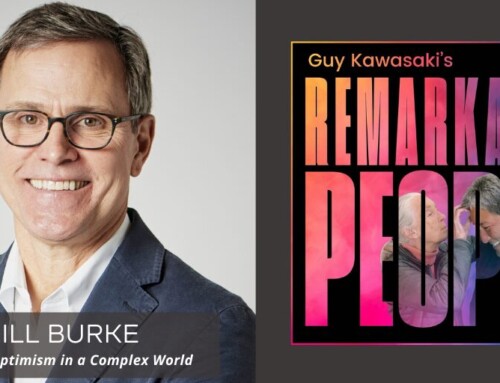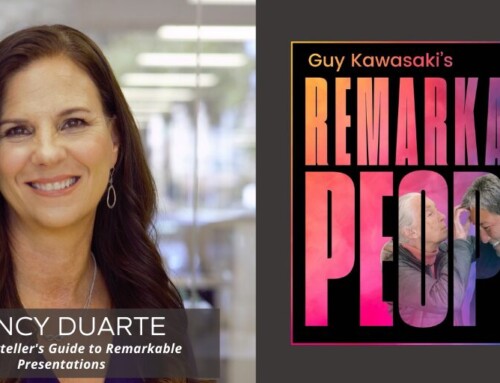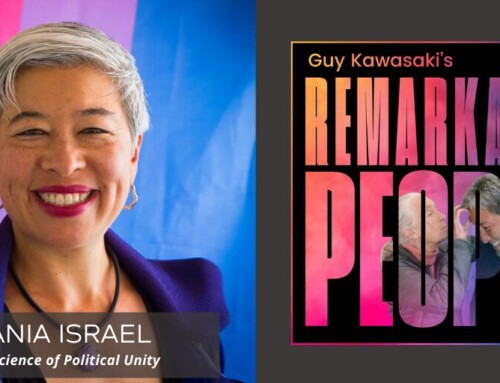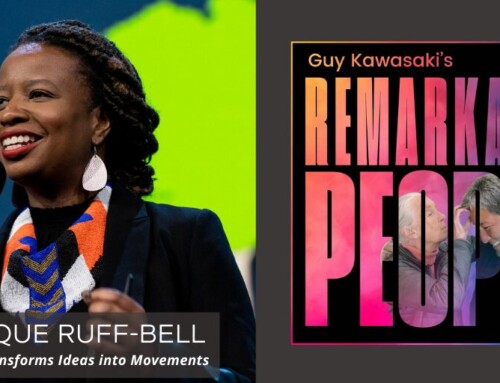Over the past two weeks via my partnership with Microsoft and Office Web Apps, I’ve provided templates of models for you to create enchanting PowerPoint pitches, Excel spreadsheets, and Word business plans. They are all available for you to download here. I hope these documents and blog posts help you save a boatload of time and increase the quality of your efforts.
I leave you with two sets of top ten lies: one of entrepreneurs and one of investors so that you know what not to say and what not to believe.
Top Ten Lies of Entrepreneurs
- “Our projections are conservative.”
- “Jupiter says our market will be $50 billion in ten years.”
- “Several Fortune 500 companies are set to do business with us.”
- “No one else can do what we’re doing.”
- “Hurry up because other investors are about to do our deal.”
- “Our product will go viral.”
- “The large companies in our market are too big, dumb, and slow to compete with us.”
- “Our management team is proven.”
- “We filed patents so our intellectual property is protected.”
- “All we have to do is get 1% of the market.”
The average number of these ten lies that I hear in most pitches is ten. At the very least, tell investors new lies.
Top Ten Lies of Investors
- “I liked your company, but my partners didn’t.”
- “We are patient investors who want to help you build a great company.”
- “If you get a lead, we’ll invest too.”
- “There are no companies in our portfolio that conflict with what you’re doing.”
- “Show us some traction, and we’ll invest.”
- “We love to co-invest with other firms.”
- “We’re investing in your team.”
- “We have lots of bandwith to dedicate to your company.”
- “This is a plain, vanilla termsheet.”
- “We will get other companies in our portfolio to work with you.”
Do you know what the difference is between the lies of entrepreneurs and the lies of investors? The investors have money.
It’s not all bad news. Think of everything that an entrepreneur needs (tech ones, anyway), and you’ll see that most things are free or cheap.
- Marketing: use blogs and social media to promote your products.
- Tools: most tools are Open Source and free. Microsoft offers free versions of applications like Word, Excel and PowerPoint in the cloud!
- Infrastructure: More cloud goodness—you don’t have to buy servers anymore.
- People: callous for me to say, but in a recession, people are free or cheap.
- Office space: what office space? You can work out of your garage (like David Hewlett and Bill Packard) or just form a virtual team.
The bottom line is this is one of the cheapest times to be an entrepreneur, so go into your garage and start prototyping. Then when you need to create enchanting documents to raise money using PowerPoint, Word, and Excel, you can save a lot of time by using my templates. Promotional consideration paid by Microsoft.








Leave a Reply